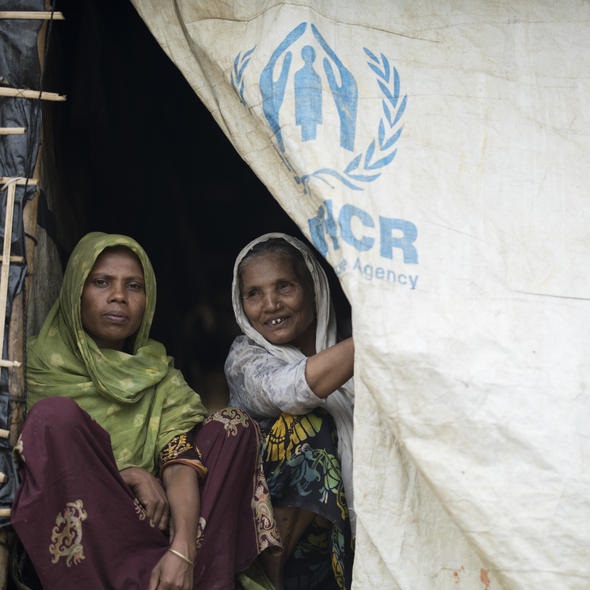WASH KAP Survey Rohingya Cox’s Bazar, 2018
Bangladesh, 2018
Get MicrodataIdentification
UNHCR_BGD_KAP_2018_v2.1
WASH KAP Survey Rohingya Cox’s Bazar, 2018
| Name | Country code |
|---|---|
| Bangladesh | BGD |
Members of the Rohingya community from Myanmar have sought refuge in Bangladesh at least since the 1970s. Increased attacks on the Rohingya community in Myanmar led to a large increase in migration to Bangladesh and are mostly living in Rohingya refugee camps in Cox’s Bazar. The objectives of the survey were to monitor and evaluate the impacts of UNHCR WASH interventions, to identify and measure weaknesses and gaps, to provide guidance for future interventions and to make sure that UNHCR Bangladesh WASH interventions can be compared to UNHCR global standards. A total of 523 households were surveyed.
Household
Version
2.1: Edited, anonymous dataset for licensed distribution.
Scope
The survey includes the following topics:
- Household main characteristics
- Sources of drinking and non-drinking water
- Information about water collection
- Hygiene of drinking water
- General hygiene practices
- Hand-washing habits and knowledge
- Defecation habits and latrine types
- Waste disposal
- Diarrhea
| Topic |
|---|
| Health |
| Water Sanitation Hygiene |
Coverage
refugee camps in Cox's Bazar
Producers and sponsors
| Name |
|---|
| UNHCR |
Sampling
A two-stage cluster sampling was employed for selecting samples from the 39 camps as well as selecting samples from the host community. In the first stage, clusters were randomly selected (a cluster represents a camp). The second stage was the selection of the households within the clusters.
Sample weights for the household data were computed dividing, for each camp, the population by the sample size.
Survey instrument
The survey questionnaire used to collect the data consists of the following sections: General Information and Demographics, Water Collection and Storage, Drinking Water Hygiene, Hygiene, Sanitation, Messaging, Distribution, Diarrhoea Prevalence and Health Seeking Behaviour.
Data collection
| Start | End |
|---|---|
| 2018-11-25 | 2018-12-03 |
| Name |
|---|
| NGO-Forum |
| BRAC |
| OXFAM |
| ACF |
38 enumerators were used to collect the data, supervised by 5 team leaders.
Data processing
Data was anonymized through decoding and local suppression.
Data Access
Cite this data as follows:
UNHCR (2018) WASH KAP Survey Rohingya Coxs Bazar, 2018. UNHCR microdata library: https://microdata.unhcr.org
Contacts
| Name | Affiliation | |
|---|---|---|
| Curation Team | UNHCR | dencomdl@unhcr.org |
Metadata production
UNHCR_BGD_2018_KAP_DDI_v1.0
| Name |
|---|
| UNHCR |
